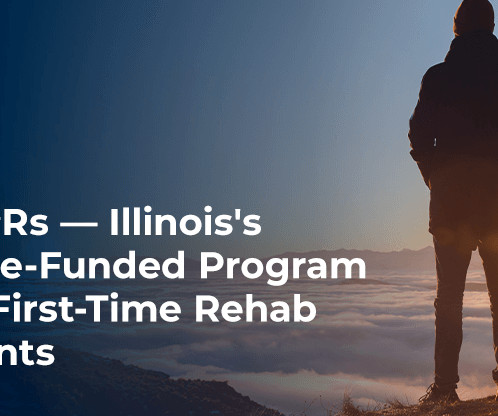Your Healthy Outlook Can Promote Resilience and Recovery in Older Adults
Relias
JULY 13, 2023
Older adults in healthcare settings and long-term care facilities are more likely to have a behavioral health disorder than those who live in the community, according to the Substance Abuse and Mental Health Services Administration. While possibly well-intentioned, this attitude can be extremely harmful.












Let's personalize your content